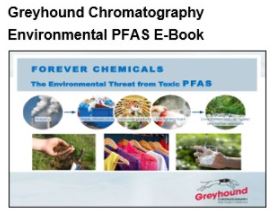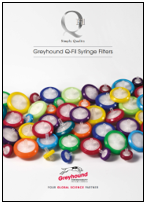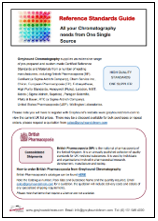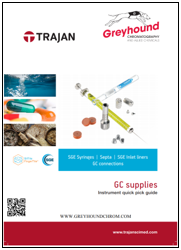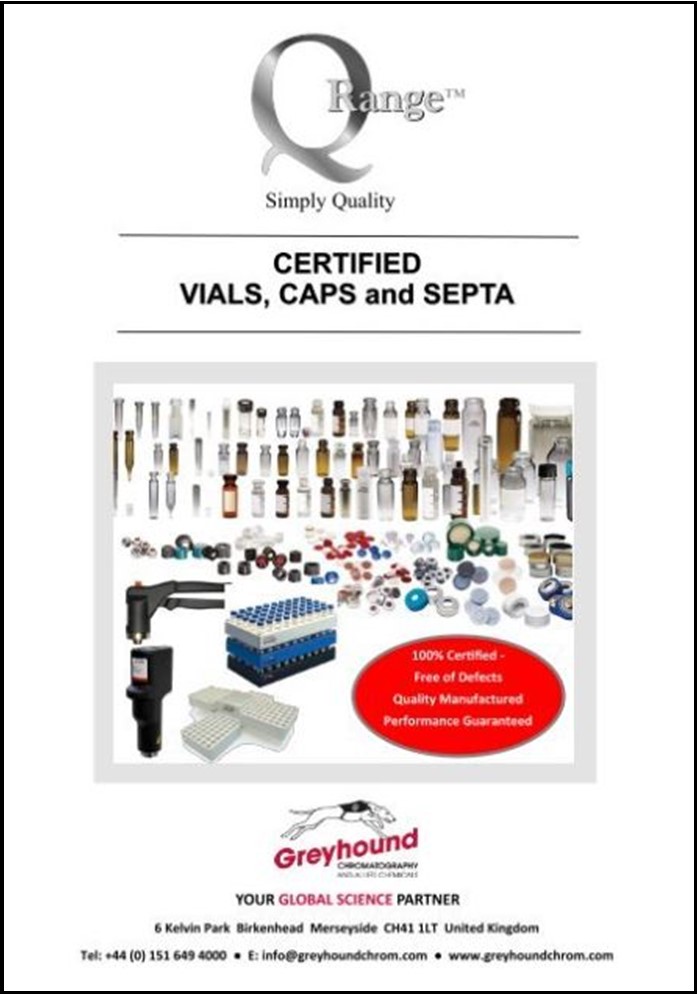Are Bed Bugs Now Resistant to Pesticides?
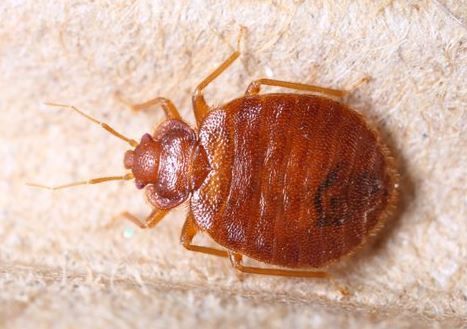
Bed bugs are one of the worst pest problems in America. They crawl out of walls, beds and couches, infesting thousands of apartments, homes and even forms of transportation. However, bed bugs have largely been able to be controlled by pesticides – until now.
A new study from the Virginia Polytechnic Institute and New Mexico State University discovered that a pesticide used to eliminate bed bugs now is ineffective. These pesky bugs are now completely resistant to these pesticides, which is a major problem for cities and towns alike. The bed bugs have developed a tolerance to neocontinoids, which is one of the most common types of insecticides used. The researchers believe that this newfound resistance could be the reason why bed bug problems have gradually gotten worse in the past decade or so.
However, the product is still being used by consumers and pest control companies, meaning that people are wasting their money, time and effort on a product that isn't doing anything for getting rid of bed bugs. The researchers are unsure when this resistance developed.
Comparing notes
They came to this conclusion after they compared bed bugs from Michigan and Ohio who had been exposed to pesticides in the past with bed bugs who had never been exposed to them and were kept in a lab for the last 30 years. When the bed bugs were exposed to the pesticides, the ones kept in a lab died right away. However, those found in Michigan and Ohio were much more resistant, despite several doses of the stuff.
The researchers also compared those groups of bed bugs to a group from New Jersey that had developed a resistance to another commonly used pesticide known as pyrethroids. When these bugs were introduced to neonics, they were more affected by the insecticide than the Michigan and Ohio group, but they still didn't go down as easily as the bed bugs from the lab.
The study authors concluded that pesticide companies need to keep an eye on their products much more closely to determine whether they have lost their effectiveness. They should be conducting their own research and hosting trials with bugs to see if anything has changed, so that all products can be effective. Of course, it can be hard to determine these results when not all bed bugs have been previously exposed to the chemicals. However, the findings did prove that the bugs had a noticeable resistance, so companies should be made aware.
"For example, bed bugs persisting on previously treated surfaces might be an indication of resistance. In these cases, laboratory confirmation of resistance is advised, and if resistance is detected, products with different modes of action need to be considered, along with the use of non-chemical methods," Alvaro Romero, an assistant professor of entomology at New Mexico State University, said.
Looking forward
Naturally, this is concerning news for those fearful of the continued development of bed bugs in their home. Luckily, there are other options for getting rid of bed bugs. Many home owners can try old-school tactics such as keeping clothes in plastic bags and leaving furniture outside. However, if people do not have the financial means to pay for pesticide treatments or replace destroyed items, it can be problematic.
Approximately 99.6 percent of pest professionals treated a home for a bed bug issue in 2014. While those rates were the same in 2013, they are much higher than the rates five, ten and 15 years ago, which should raise concern. Hopefully pesticide companies will find a new chemical to combat these annoying pests.
For over 30 years Greyhound Chromatography has been supplying high quality Chromatography consumables to laboratories around the world. Greyhound’s extensive range covers all areas of Environmental, Petrochemical, Food, Forensics, Chemical and Pharmaceutical analysis. Backed by a highly experienced technical services team, Greyhound is the preferred source amongst today’s analysts.
CONTACT US
Tel: +44 (0) 151 649 4000
Email: marketing@greyhoundchrom.com
FOLLOW US
YOU MAY ALSO BE INTERESTED IN OUR NEWSLETTER



